

Articles
How To Store Brie Cheese
Modified: August 17, 2024
Learn the best methods and tips for storing Brie cheese to keep it fresh and delicious. Discover helpful articles on proper storage techniques and enjoy your favorite cheese for longer.
(Many of the links in this article redirect to a specific reviewed product. Your purchase of these products through affiliate links helps to generate commission for Storables.com, at no extra cost. Learn more)
Introduction
When it comes to enjoying the rich and creamy flavors of Brie cheese, proper storage is essential. Whether you bought a wheel of Brie for a special occasion or simply can’t resist its delectable taste, knowing how to store it correctly will help preserve its flavor, texture, and quality. In this article, we will explore the importance of proper Brie cheese storage and provide you with tips on how to keep it fresh for as long as possible.
Proper storage of Brie cheese not only extends its shelf life but also ensures that it maintains its distinct characteristics. Brie is a soft and delicate cheese, known for its buttery texture and earthy aroma. However, if it is not stored correctly, it can quickly lose its flavor and develop an unpleasant odor.
Now that we understand the significance of proper storage, let’s delve into the various factors that come into play when storing Brie cheese. From choosing the right storage container to maintaining the ideal temperature and humidity, each step is crucial in preserving the cheese’s quality.
Key Takeaways:
- Proper storage is crucial for maintaining the freshness, flavor, and texture of Brie cheese. Choosing the right container, refrigerating correctly, and wrapping tightly are key to preserving its delightful qualities.
- By following temperature and humidity guidelines, avoiding contamination, and experimenting with recipes, you can extend the shelf life of Brie cheese. Enjoy its rich and creamy flavors for an extended period with proper storage techniques.
Read more: How To Store Brie Once Opened
Why Proper Storage is Important
Proper storage is essential for maintaining the delicate flavors and textures of Brie cheese. Here’s why:
- Prolongs Freshness: Brie cheese is a perishable product, and without proper storage, it can spoil quickly. Storing it correctly helps extend its shelf life, allowing you to savor its delightful taste for longer.
- Preserves Texture and Creaminess: Brie is known for its smooth and creamy texture. Improper storage can cause it to become too soft or grainy, resulting in a less enjoyable eating experience. By storing it correctly, you can maintain its luscious texture.
- Maintains Flavor: Brie cheese has a distinct taste that combines buttery and earthy notes. When exposed to air or improper storage conditions, it can lose its flavor and develop off-flavors. Proper storage ensures that the flavors are preserved, allowing you to fully appreciate its delicious taste.
- Prevents Molding: Brie cheese is prone to mold growth if not stored properly. Mold can alter the taste and appearance of the cheese, making it unappetizing and potentially unsafe to consume. By following proper storage techniques, you can minimize the risk of mold growth.
- Reduces Odor Transfer: Brie cheese has a distinct aroma, which can easily transfer to other food items in the refrigerator. By storing it correctly, you can prevent odor transfer and maintain the integrity of other foods stored nearby.
By understanding the importance of proper storage, you can ensure that your Brie cheese stays fresh, flavorful, and enjoyable to eat. Now let’s move on to the next step: choosing the right storage container for your Brie cheese.
Choosing the Right Storage Container
When it comes to storing Brie cheese, choosing the right storage container is crucial. The container you use should provide adequate protection from external elements while allowing proper airflow to prevent moisture buildup. Here are some tips for selecting the right storage container for your Brie cheese:
- Avoid Plastic Wrap: While it may be tempting to wrap your Brie cheese in plastic wrap, it is not the best option. Plastic wrap can trap moisture, leading to a soggy texture and potential mold growth. Instead, opt for a container that allows for proper ventilation.
- Choose Airtight Containers: Brie cheese is sensitive to air exposure, which can cause it to dry out and lose its flavor. Look for a container with an airtight seal to keep out excess air and maintain the cheese’s moisture.
- Consider Cheese Paper: Cheese paper is specifically designed to store cheese and can be a great option for Brie. It allows the cheese to breathe while protecting it from moisture and external odors. If you can’t find cheese paper, parchment paper can serve as a decent alternative.
- Use Cheese Dome or Cheese Vault: A cheese dome or cheese vault is an excellent choice for storing Brie cheese. These containers provide the ideal environment by regulating humidity and preventing excess moisture buildup. Look for one with breathable vents to maintain airflow.
- Avoid Freezer Bags: Freezer bags are not suitable for storing Brie cheese, as they can cause moisture accumulation and affect the cheese’s texture. Save freezer bags for freezing cheese, not for refrigerated storage.
By choosing the right storage container, you can ensure that your Brie cheese stays fresh and in optimal condition. In the next section, we will explore the specifics of storing Brie cheese in the refrigerator.
Storing Brie Cheese in the Refrigerator
The refrigerator is the ideal place to store Brie cheese, as it helps maintain a cool and stable temperature. However, there are a few key considerations to keep in mind when storing Brie in the refrigerator:
- Keep it in the Original Packaging: If your Brie cheese came in a packaging with a breathable wrapper or box, it’s best to keep it in that packaging. The original packaging is designed to protect the cheese while allowing it to breathe.
- Store it in the Cheese Drawer: Most refrigerators are equipped with a designated cheese drawer or compartment. This drawer helps maintain the proper humidity levels required for storing cheese. If your refrigerator has a cheese drawer, place your Brie cheese in it.
- Avoid the Door Shelves: The door shelves of the refrigerator are the warmest areas, experiencing temperature fluctuations due to frequent opening and closing. Avoid storing Brie cheese in the door shelves, as it can be exposed to inconsistent temperatures and affect its quality.
- Position it Properly: When storing Brie cheese in the refrigerator, place it on a shelf rather than stacking it on top of other items. Stacking can lead to pressure on the cheese and may affect its shape and texture.
- Keep it Away from Strong Odors: Brie cheese readily absorbs odors from its surroundings. To prevent flavor contamination, store it away from strong-smelling foods such as onions, garlic, and pungent cheese varieties.
Remember to always check the expiration date on the packaging and consume the Brie cheese before it reaches that date. Proper refrigeration can help extend the shelf life of Brie cheese, but it is still a perishable product that should be consumed within a reasonable time frame.
Now that we have covered how to store Brie cheese in the refrigerator, let’s move on to the next step: wrapping Brie cheese for optimal storage.
Wrapping Brie Cheese for Optimal Storage
Proper wrapping is essential to keep Brie cheese fresh and prevent it from drying out or picking up unwanted flavors from the refrigerator. Here are some tips on how to wrap Brie cheese for optimal storage:
- Use Cheese or Parchment Paper: Wrap the Brie cheese in cheese paper or parchment paper before placing it in a storage container. These papers allow the cheese to breathe while providing a protective barrier against moisture and odors.
- Avoid Plastic Wrap: As mentioned earlier, plastic wrap can cause moisture buildup and lead to a soggy texture. It’s best to avoid using plastic wrap when wrapping Brie cheese.
- Wrap it Tightly: Ensure that the paper is wrapped tightly around the cheese to prevent excess air exposure. This helps maintain the cheese’s moisture and flavor.
- Leave Room for Expansion: Brie cheese can expand slightly as it ages, so leave a little room in the wrapping for the cheese to breathe without being too tight.
- Label and Date: If you have multiple Brie cheeses in the refrigerator, it’s helpful to label and date them. This allows you to keep track of their freshness and ensures that older cheeses are consumed first.
Remember to rewrap the Brie cheese with fresh paper if the initial wrapping becomes moist or stained. Proper wrapping not only helps preserve the cheese’s quality but also makes it easier to identify and handle in the refrigerator.
Now that we have covered the importance of wrapping Brie cheese, let’s move on to the next section: maintaining the proper temperature and humidity for Brie cheese storage.
Store Brie cheese in the original packaging or wrap it in wax paper to allow it to breathe. Keep it in the refrigerator at 40°F (4°C) and consume within 1-2 weeks for best quality.
Read more: How To Store Cotija Cheese
Proper Temperature and Humidity for Brie Cheese Storage
The proper temperature and humidity are crucial factors in storing Brie cheese. These conditions help maintain the cheese’s texture, flavor, and prevent spoilage. Here are some guidelines to follow:
- Temperature: Brie cheese should be stored at a temperature between 35°F and 45°F (1.7°C – 7.2°C). This temperature range is cool enough to slow down the growth of bacteria but not too cold to affect the texture and flavor of the cheese.
- Humidity: Brie cheese thrives in a relatively high humidity environment. Aim for a humidity level of around 85% to 90%. This helps prevent the cheese from drying out and maintains its creamy texture.
- Refrigerator Settings: Adjust your refrigerator settings to maintain the ideal temperature and humidity. Some refrigerators have specific settings for storing cheese, while others have humidity-controlled drawers. Refer to your refrigerator’s instructions for guidance.
- Check the Cheese Regularly: Periodically check the Brie cheese for any signs of spoilage, such as mold growth or an off smell. If you notice any issues, it’s best to discard the cheese to prevent any potential health risks.
- Avoid Temperature Fluctuations: Sharp temperature fluctuations can affect the texture and flavor of Brie cheese. Avoid placing the cheese near the refrigerator’s vents or opening the refrigerator door too frequently, as it can expose the cheese to inconsistent temperatures.
By maintaining the proper temperature and humidity levels, you can ensure that your Brie cheese stays fresh and retains its delightful qualities. Next, let’s discuss how to avoid contamination and odor transfer when storing Brie cheese.
Avoiding Contamination and Odor Transfer
Contamination and odor transfer can greatly affect the quality and taste of Brie cheese. Here are some tips to help you avoid these issues:
- Separate Storage: It’s important to store Brie cheese separately from other strong-smelling foods in the refrigerator. Strong odors from foods like onions, garlic, or pungent cheeses can permeate the Brie cheese and alter its taste.
- Use Sealed Containers: To prevent cross-contamination, store Brie cheese in sealed containers or wrap it tightly in cheese or parchment paper. This will create a barrier that protects the cheese from absorbing odors from other foods in the refrigerator.
- Store in Ziplock Bags: If you don’t have sealed containers, you can place the wrapped Brie cheese in ziplock bags to further prevent odor transfer. Make sure to press out any excess air before sealing the bag.
- Properly Seal and Label Containers: If you’re using containers to store Brie cheese, ensure that they have tight-fitting lids to prevent odor transfer. Additionally, label the containers to easily identify and distinguish the different cheeses in your refrigerator.
- Store Fragile or Aromatic Ingredients Separately: Brie cheese is delicate and can be affected by direct contact with certain ingredients. Store fragi
Tips for Extending the Shelf Life of Brie Cheese
While Brie cheese is best enjoyed fresh, there are several tips and techniques you can follow to extend its shelf life and maximize its flavor. Here are some helpful tips:
- Buy Fresh Cheese: When purchasing Brie cheese, choose the freshest option available. Check the expiration date and select a cheese with a longer shelf life to ensure it stays fresh for as long as possible.
- Store Unopened Brie Cheese Correctly: If you have an unopened wheel of Brie cheese, store it in its original packaging or wrap it tightly in cheese paper or parchment paper. Keep it in the refrigerator, following the appropriate temperature and humidity guidelines.
- Consume Within a Reasonable Time Frame: Brie cheese is a perishable product, and its quality and flavor are best when consumed within a reasonable time frame. While it can last for a few weeks when properly stored, aim to finish it within 1-2 weeks for the best taste.
- Trim Off Mold: If you notice any mold growth on the surface of the Brie cheese, don’t panic. It is common for mold to develop, especially closer to the rind. Simply trim off the affected part, making sure to remove a generous portion around the moldy area. The remaining cheese should be safe to consume.
- Store Cut Pieces Properly: If you have cut wedges or pieces of Brie cheese, wrap them tightly in cheese or parchment paper before placing them in a storage container. This helps maintain the cheese’s moisture and prevents it from drying out.
- Freeze Brie Cheese: If you find yourself with excess Brie cheese that you won’t be able to consume in time, consider freezing it. Wrap the cheese tightly in freezer-safe wrap or place it in a freezer bag. Frozen Brie cheese can last for several months, but keep in mind that the texture might change slightly after thawing.
- Allow Cheese to Come to Room Temperature: Before serving, let Brie cheese sit at room temperature for about 30 minutes. This allows the flavors to develop and the cheese to soften, enhancing the taste and texture.
- Experiment with Brie Cheese Recipes: If you have some leftover Brie cheese that’s nearing its expiration date, get creative in the kitchen. Use it in various recipes like baked Brie, grilled cheese sandwiches, or incorporate it into pasta dishes. This way, you can enjoy the cheese while using it up.
By following these tips, you can prolong the shelf life of Brie cheese and make the most out of every delicious bite. Remember to always use your judgment when consuming cheese and discard it if you notice any signs of spoilage or an off smell.
With these storage tips and techniques, you can now confidently enjoy Brie cheese at its best for a longer period of time. Let your taste buds savor the creamy and flavorful experience of this beloved cheese!
Thank you for reading this comprehensive guide on storing Brie cheese. We hope you find these tips helpful in maintaining the quality and taste of your Brie cheese for an extended period.
ConclusionIn conclusion, proper storage is crucial for maintaining the freshness, flavor, and texture of Brie cheese. By following the guidelines outlined in this article, you can ensure that your Brie cheese stays fresh, creamy, and enjoyable to eat for as long as possible.
Choosing the right storage container, such as a cheese dome or parchment paper, allows for proper airflow while protecting the cheese from moisture and odors. Storing Brie cheese in the refrigerator, preferably in the cheese drawer, helps maintain the ideal temperature and humidity levels. Wrapping the cheese tightly in cheese or parchment paper further prevents moisture loss and contamination.
The proper temperature of 35°F to 45°F (1.7°C – 7.2°C) and a humidity level of 85% to 90% are recommended for storing Brie cheese. Avoiding contamination and odor transfer is essential, keeping the cheese away from strong-smelling foods and using sealed containers to prevent cross-contamination.
Moreover, by following these tips and techniques, you can extend the shelf life of Brie cheese. Buying fresh cheese, consuming it within a reasonable time frame, and properly storing cut pieces are key principles to remember. It is also worth mentioning that freezing Brie cheese and experimenting with different recipes can help to minimize waste and ensure that you enjoy the cheese to its fullest.
Remember to always check the cheese for signs of spoilage and use your judgment when consuming it. If you notice any mold growth, trim off the affected area before consuming the cheese.
By implementing these storage practices, you can prolong the life of your Brie cheese and continue to indulge in its rich and creamy flavors. So, the next time you bring home a wheel or wedge of Brie cheese, rest assured that you have the knowledge to store it properly and make the most of this delectable treat.
Happy indulging!
Frequently Asked Questions about How To Store Brie Cheese
What is the best way to store Brie cheese?The best way to store Brie cheese is to wrap it in wax paper or parchment paper, and then place it in an airtight container or resealable plastic bag. This will help to maintain its moisture and prevent it from absorbing other odors in the refrigerator.Can I freeze Brie cheese for long-term storage?While it is possible to freeze Brie cheese, it is not recommended for long-term storage as freezing can alter its texture and flavor. If you do need to freeze Brie cheese, wrap it tightly in plastic wrap and then place it in an airtight container before freezing. Be aware that the texture may change upon thawing.How long can I store Brie cheese in the refrigerator?Brie cheese can typically be stored in the refrigerator for up to 1-2 weeks. It is important to check the expiration date on the packaging and to use your best judgment based on the cheese’s appearance and smell.Should I store Brie cheese in the original packaging?It is best to store Brie cheese in the original packaging if it is unopened. Once opened, it is recommended to re-wrap the cheese in wax paper or parchment paper to maintain its moisture and flavor.Can I store Brie cheese at room temperature?Brie cheese is best stored in the refrigerator to maintain its freshness and prevent spoilage. However, if you plan to serve it at a gathering, you can remove it from the refrigerator 30-60 minutes before serving to allow it to come to room temperature and enhance its flavor.
Was this page helpful?
At Storables.com, we guarantee accurate and reliable information. Our content, validated by Expert Board Contributors, is crafted following stringent Editorial Policies. We're committed to providing you with well-researched, expert-backed insights for all your informational needs.

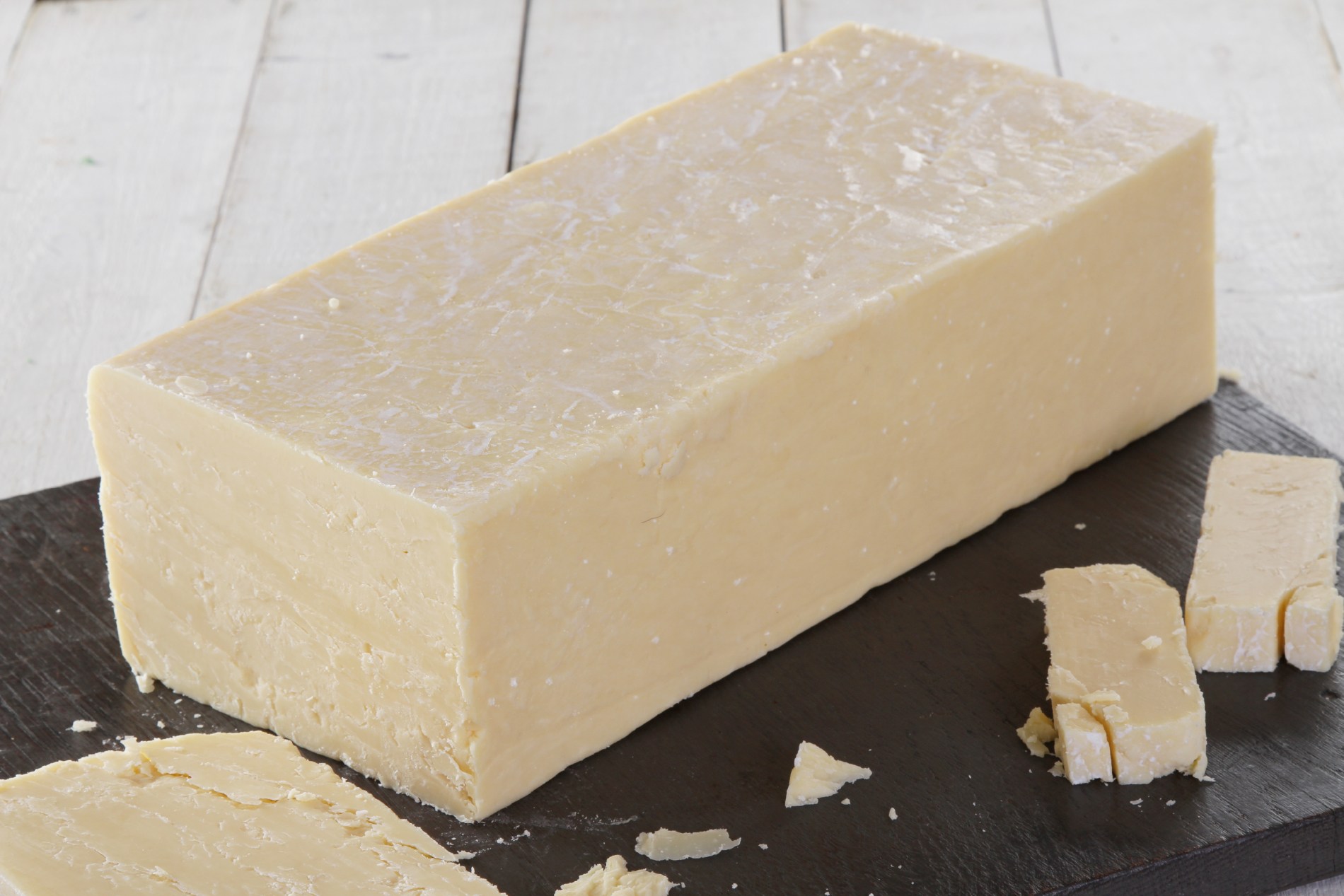
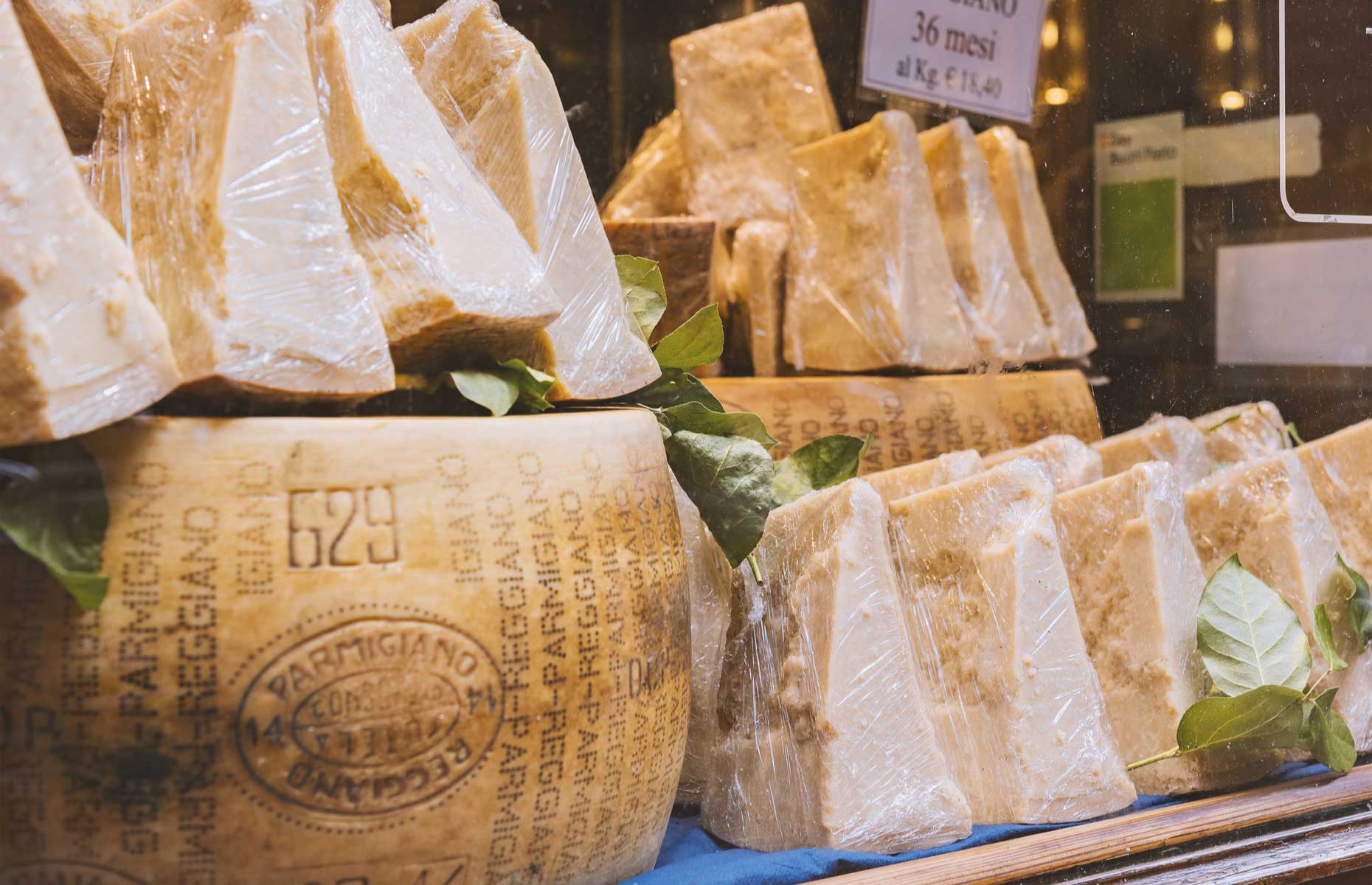



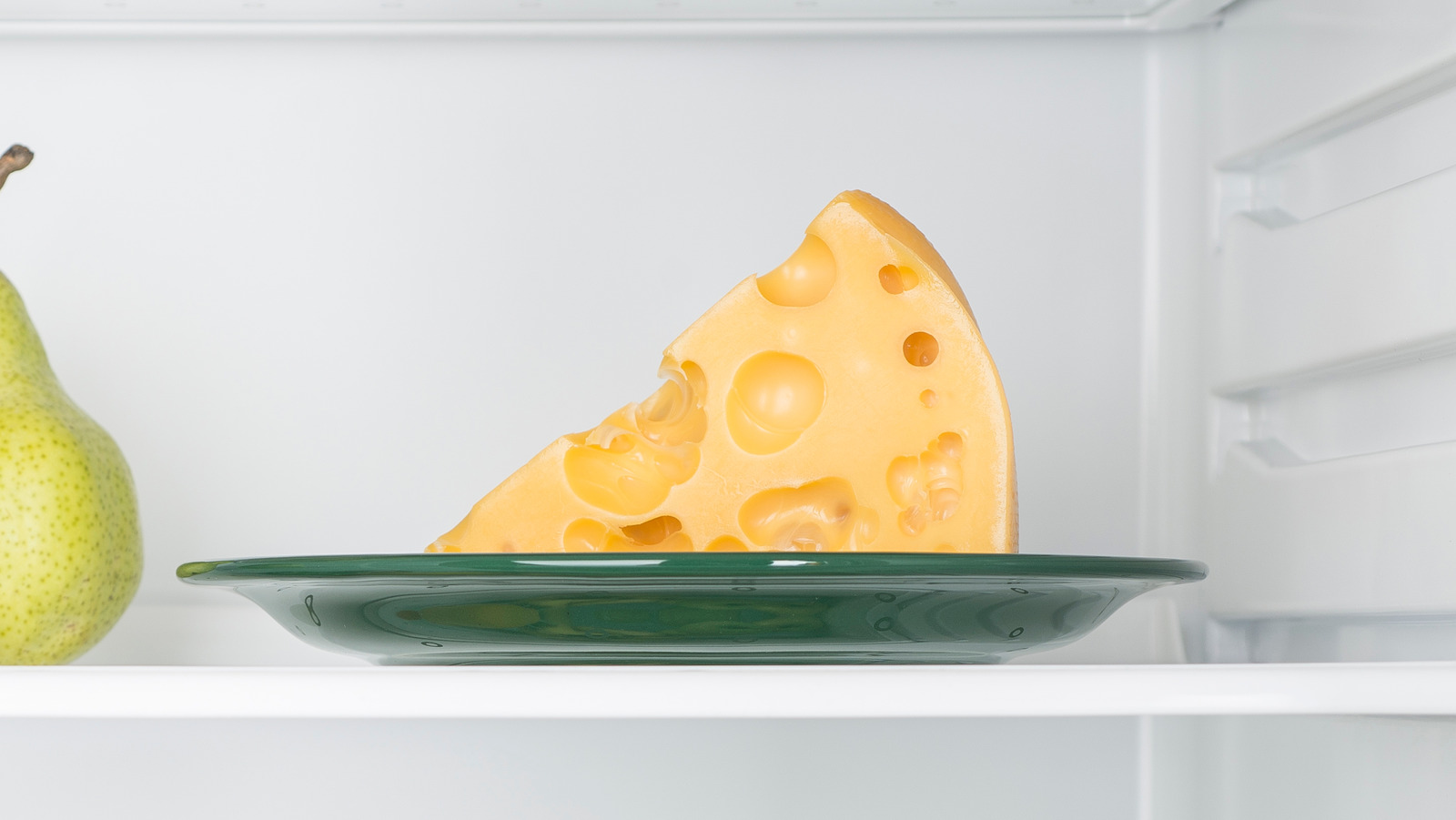
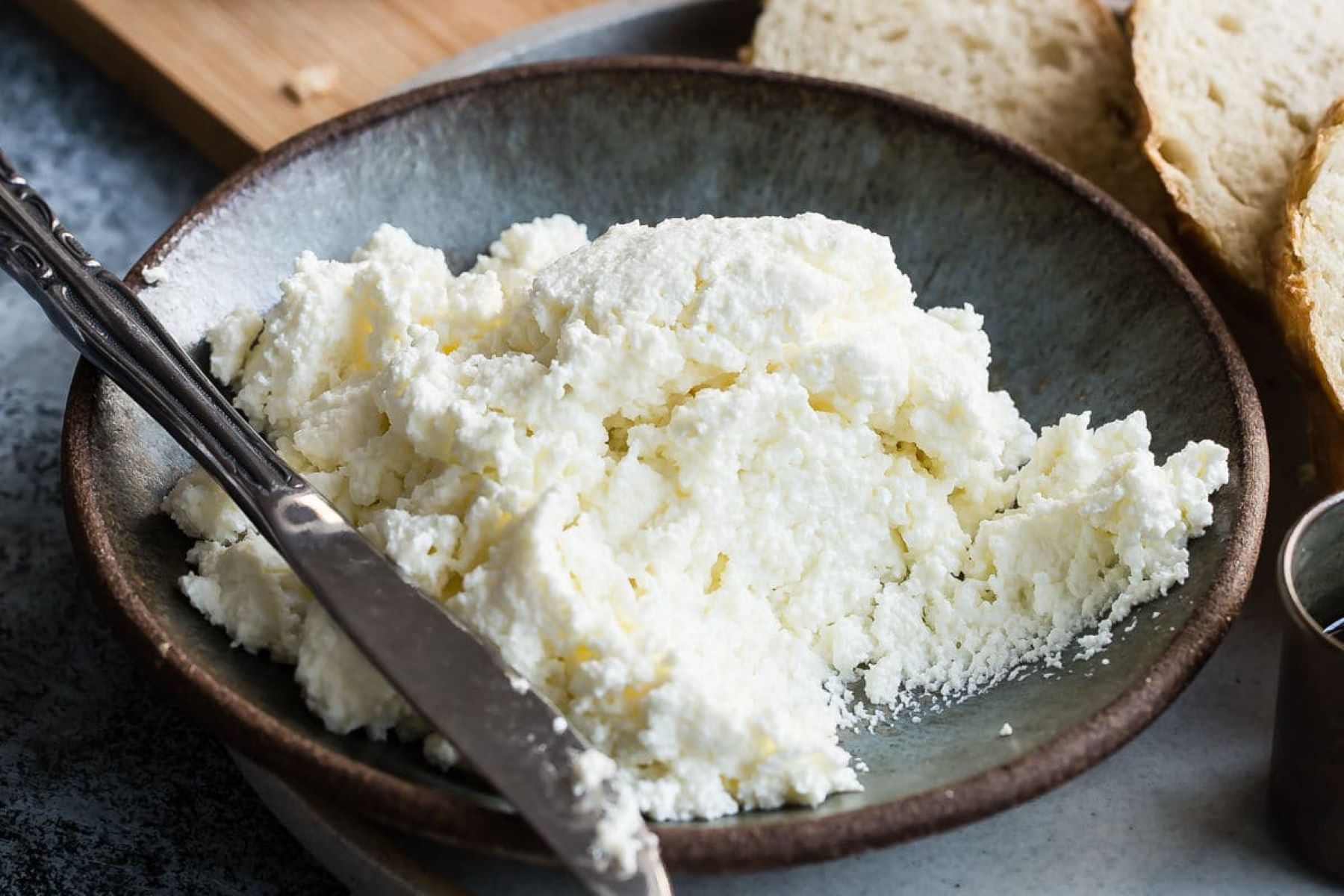
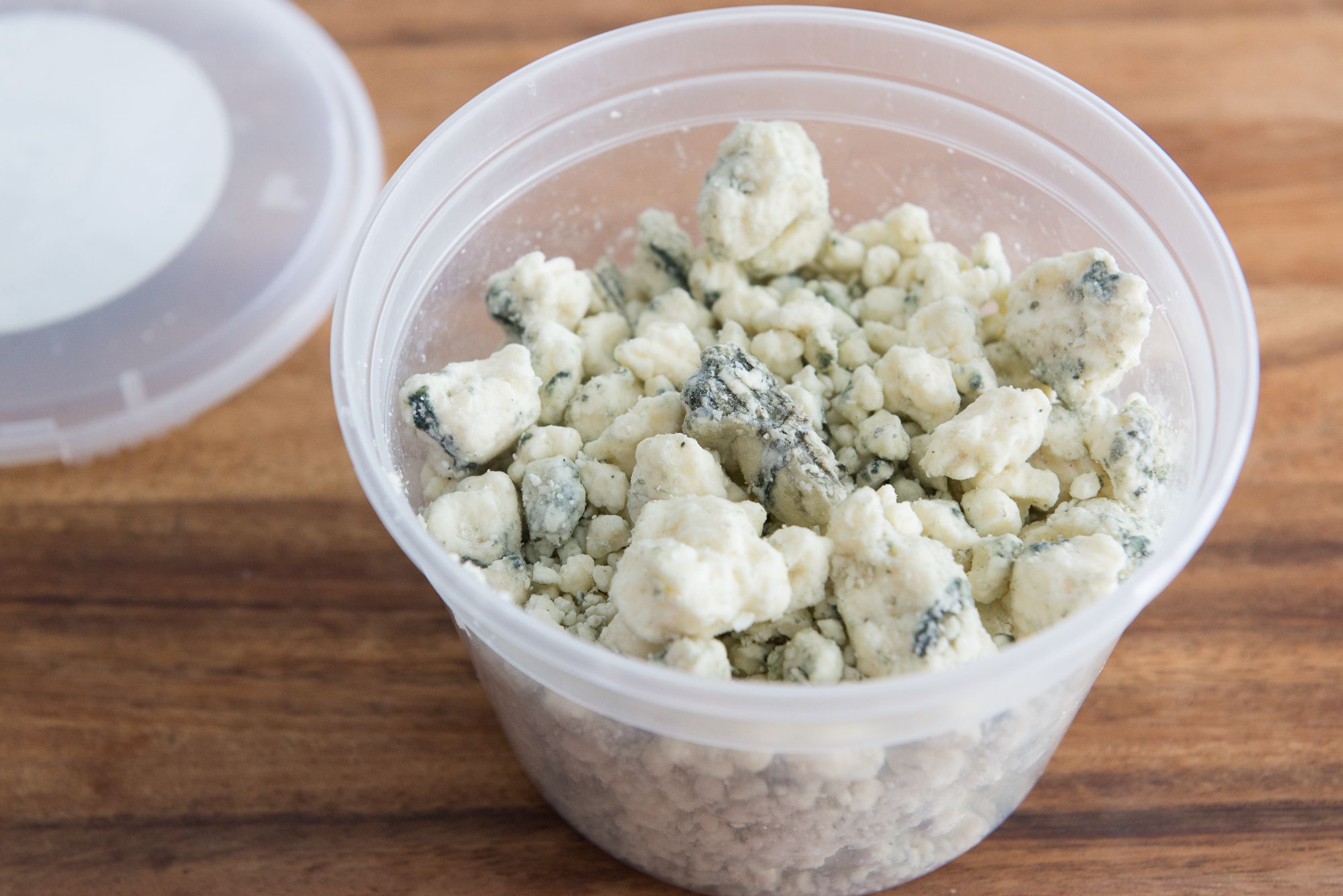



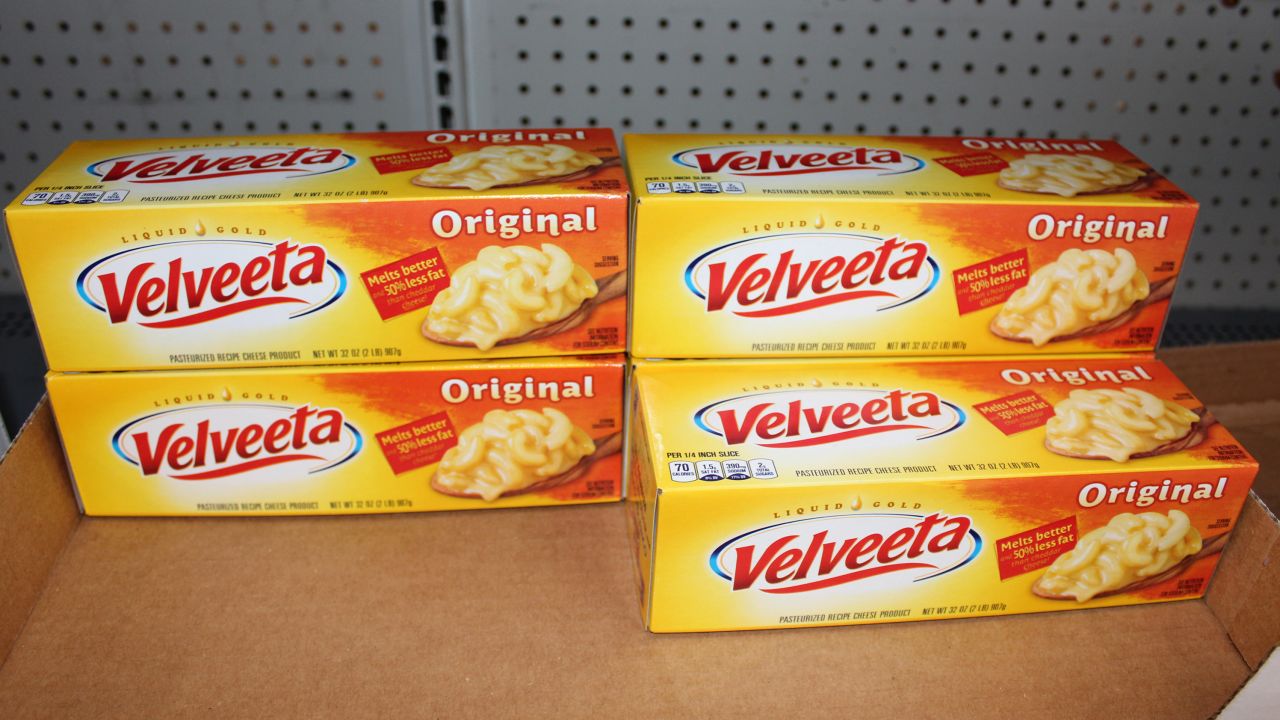


0 thoughts on “How To Store Brie Cheese”